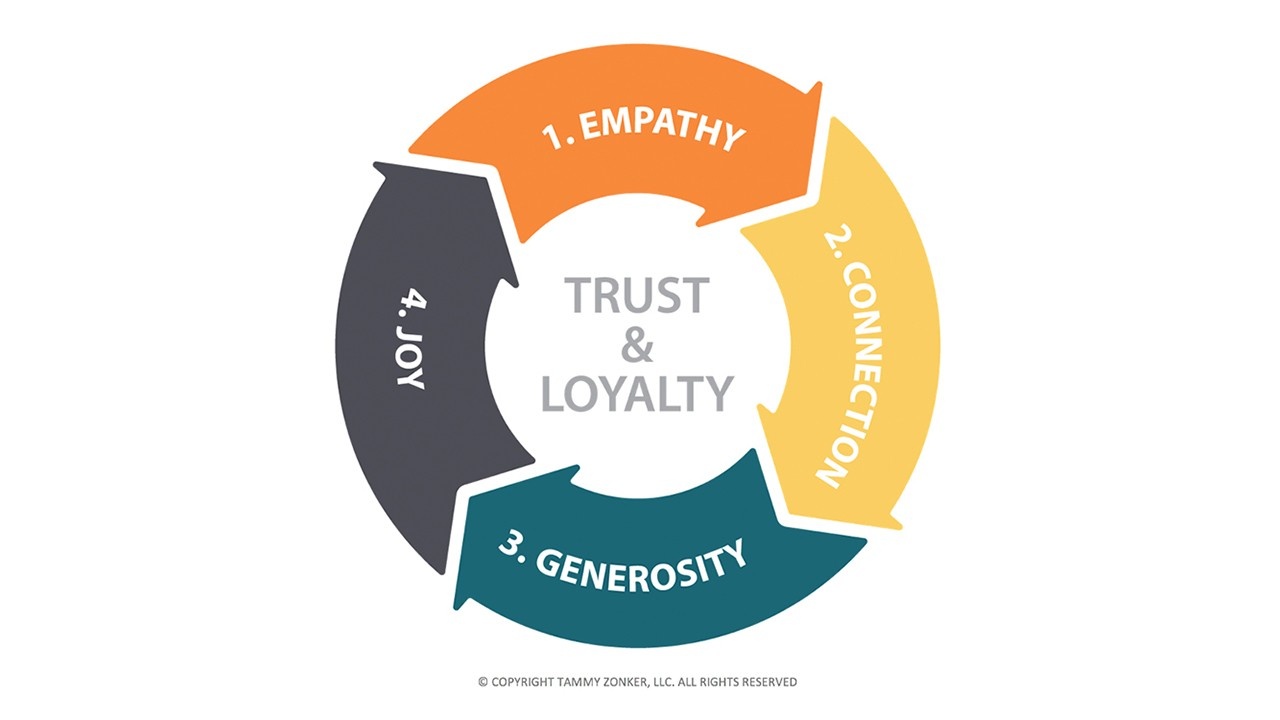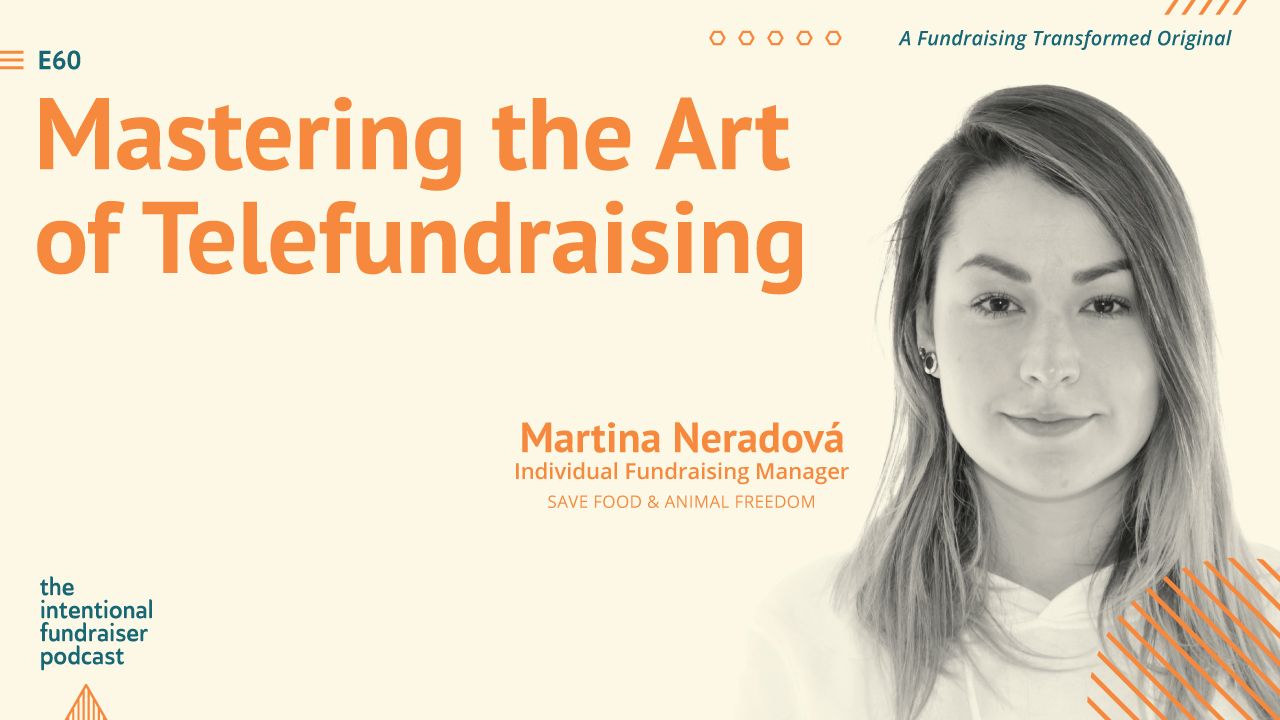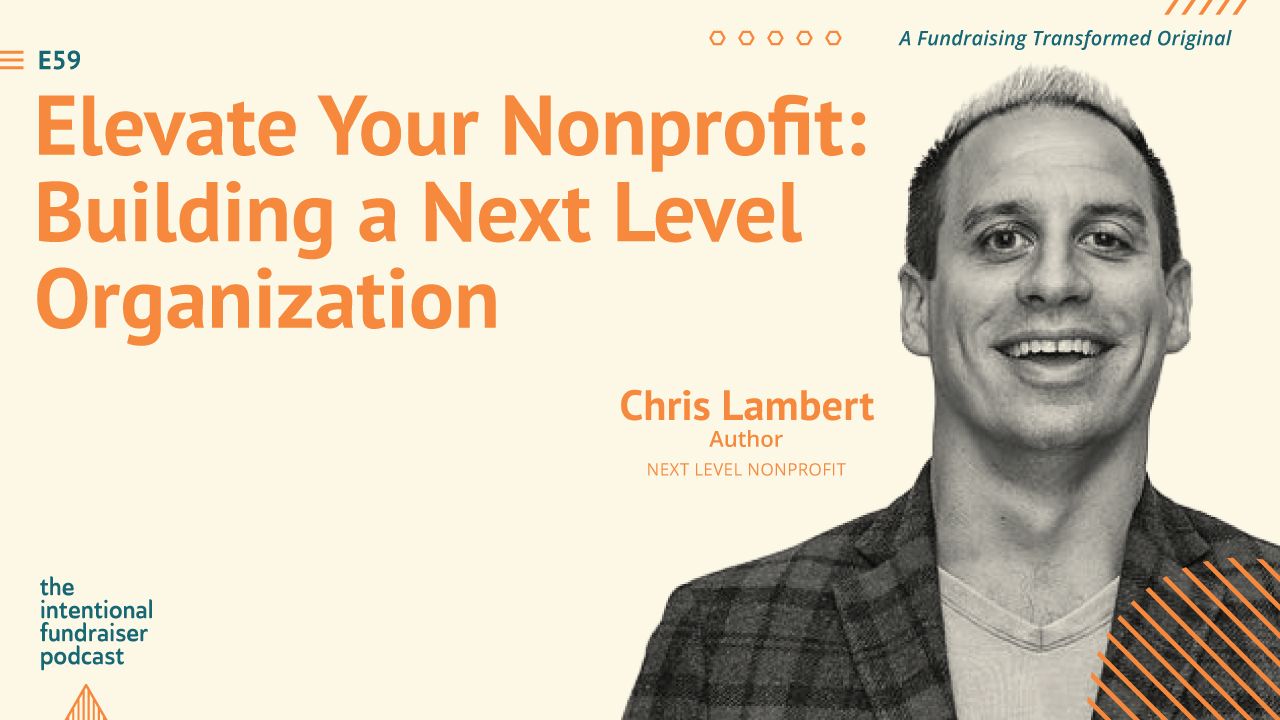Building Trust Is Key to Success

An Interview with Tammy Zonker by Megan Venzin, The Major Gifts Report, July 2018.
Strong philanthropic relationships don’t just blossom overnight. Patience, compassion and rapport must exist before a donor will commit to making a major gift. The development officer must solidify a foundation of trust before an exchange can take place. “The decision to make a major gift can leave donors feeling vulnerable, both emotionally and financially,” says Major Gift Strategist Tammy Zonker. “Couple that with the fact that the average tenure of development staff is 18 to 24 months, and you can see why donors might be hesitant to trust.” In fact, it takes about two years to build sufficient trust with an organization’s development officer for the donor to make his or her most generous gift according to a recent survey report produced by Penelope Burke of Cygnus Research. In other words, it’s a long road to major gift acquisition, but building trust along the way will pave a path toward success. Zonker defines four behaviors that drive trust:
“Guiding our donors through this systematic process with intention can accelerate the building of trust,” Zonkersays. “There is a direct connection between our behaviors as development professionals and the responses we can likely evoke in our donors and prospective donors to increase loyalty and trust. These four behaviors release the chemical oxytocin in the brain, which reduces the fear of trusting.” Understanding how human behaviors and responses correspond will guide not only the trust-building process, but also allow the development professional to relate to his or her donor on a deeply personal level. Zonker shares the following examples to demonstrate common behavioral responses:
When we are vulnerable, it evokes empathy from the donor. Vulnerability can be expressed through storytelling or sharing our personal connections to the work, or by creating an immersive donor experience.
When we keep our promises, it evokes connection with the donor. These promises can be stated commitments or implied promises, such as timely and accurate gift acknowledgment or impact reporting.
When we empower the donor, it inspires generosity. Empowering the donor can be as simple as offering meaningful restricted gift opportunities or introducing an organizational challenge that the donor can help solve.
We must ensure our donors feel pure joy in their giving. When we engage them in reflective dialogue, sharing the impacts of their most recent giving or the outcomes of their long journeys of giving to our organization — the result is joy, trust and loyalty.
Once trust is established, the relationship must be nurtured continuously. Creating a systematic process for generating and distributing gift acknowledgment letters that show gratitude is one way to ensure donors feel appreciated. Routine follow-ups to relay program progress and outcomes keep donors involved while communicating impact.
“Understanding and applying this knowledge of how to build trust only emphasizes the critical importance of ethics in fundraising,” Zonker says. “We must have the highest and best intentions as we engage donors to create mutual benefit for our donors and organizations we serve.”






